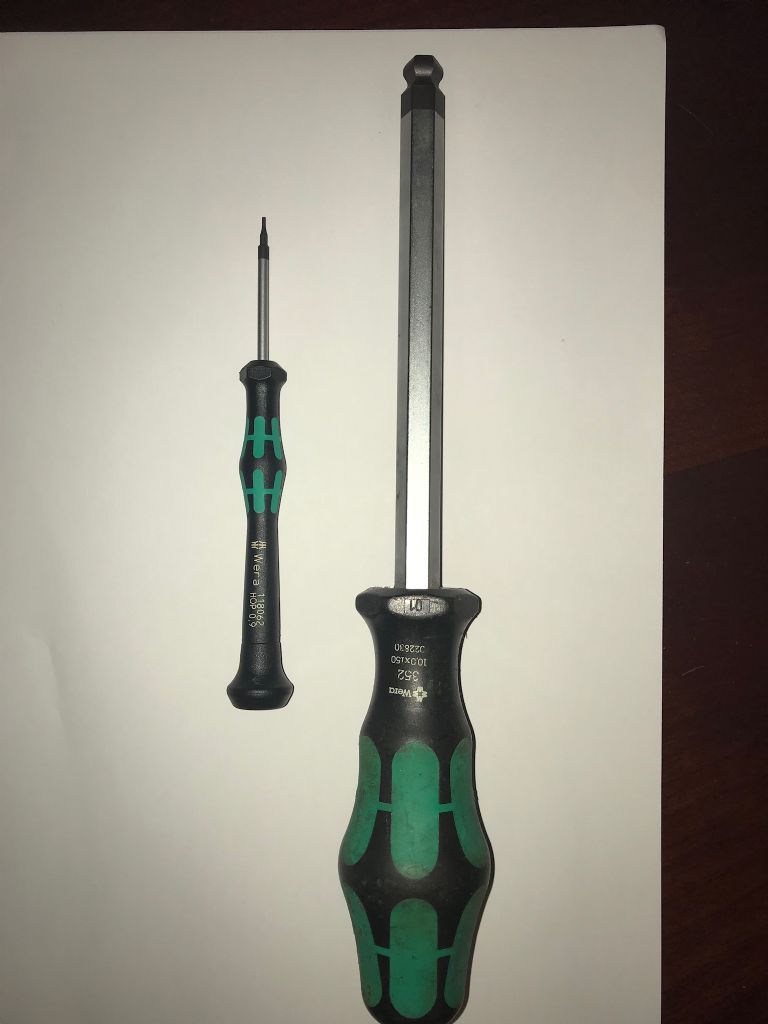Posted by Peter G. Shaw on 01/02/2018 21:11:07:
I was in the habit of tightening wheel nuts with a ring spanner until the nut/stud/bolt "squeaked". He told me off for overtightening the nuts and when I used my torque wrench I was somewhat taken aback to discover that he was correct and that the recommended value was a lot lighter than I thought. Since then I have been rather more careful when tightening items.
However, in the same manner as Mick Poole above, the rear axle nuts on my VW Beetle were somewhere in the region of 220 ft lbs. which is well outside the range of my torque wrench. The Haynes workshop manual recommended tightening the nut to the maximum of the torque wrench, eg 150 ft lbs, and then turn the nut further until the locking cotter pin could be inserted in the next pair of holes, the idea being that although I could not measure the torque, the extra little bit of turning on the nut would be sufficient.
Regards,
Peter G. Shaw
If they squeak, you probably haven't lubricated them. Nuts and bolts are more secure if you lightly oil the threads before fitting and torquing them up and that's how they are supposed to be applied. Conversely, if they are dry and possibly dusty / rusty, you can't consistently control the tightening process – you may apply a high torque to the nut / bolt but much of that may have been lost on the high coefficient of friction, with the result that you don't actually know what preload you have applied to the nut / bolt fastening.
You may find that applying 220 lbft to dry squeaky nuts has the same tightening effect as specified 150 lbft – but there is no way of knowing. Worst of all is the risk of fastenings either coming loose or failing further down the road. As I said above, they are more secure when applied in a clean and consistent state, which is how they are assembled new.
Murray
 Neil Wyatt.
Neil Wyatt.





